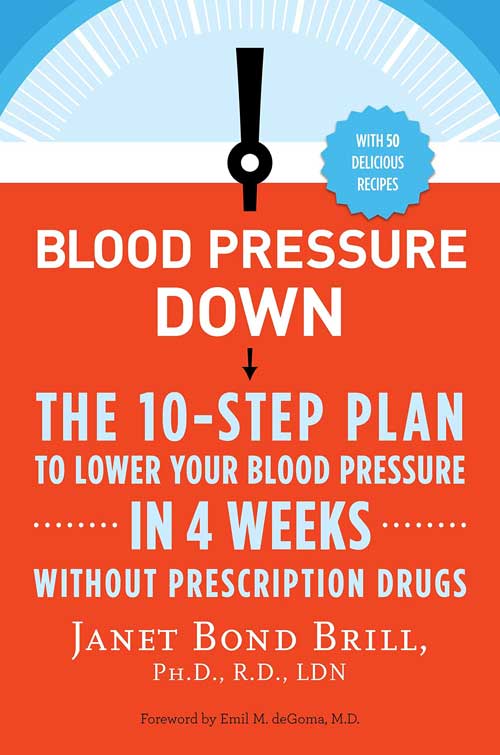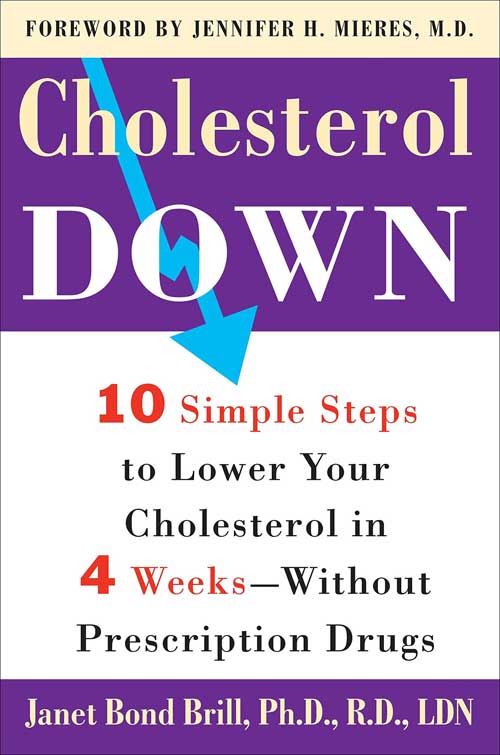By


Almonds – available in whole, sliced (flaked, slivered), and as flour – is a heart healthy food which can be used in a variety of dishes. These edible nuts available (in different forms) in the market are the kernels of the small almond fruit which grow on almond trees that can reach up to 10 meters in height. Although packaged almonds are available round the year, the fresh crop matures in the autumn season.
Almonds house many different vital nutrients including carbohydrates, vitamins B & E, protein, dietary fiber, monounsaturated fat and essential minerals that bring blood pressure down. Like other nuts and seeds, almonds contain ‘phytosterols,’ plant chemicals known to have cholesterol-lowering properties.
Due to presence of these beneficial nutrients, the consumption of almonds offers a great deal of health benefits:
1. Reduced risk of heart disease
According to a study by Loma Linda School of Public Health, consumption of nuts (pistachios, walnuts, almonds, pecans) five times a week or more reduces the risk of heart disease by 44 percent in nut-eating vegetarians as compared to low nut-eating vegetarians.
Almonds house phytosterols, plant chemicals known to dramatically reduce LDL, low-density lipoprotein or bad cholesterol. The high content of monounsaturated fat in almonds also helps in promoting heart health. In addition to lowering cholesterol, these nuts help bring blood pressure down and reduce the risk of heart disease due to presence of vitamin E, magnesium and potassium – nutrients proven to have heart healthy benefits.
2. Effective against Diabetes
Researchers have found that almonds play a role in controlling post-meal rises in blood sugar. Adding almonds to meals reduces the glycemic index (GI) of the meal. GI is a measure of the rise in post-meal blood sugar level. The greater the amount of almonds ingested, the lower the GI of the meal and the greater the blunting of the rise in the blood sugar level.
Almonds also supply a nice amount of plant antioxidants, substances that curb the formation of dangerous free radicals, rogue chemicals formed as a result of metabolic reactions inside the body. Try a handful of dry-roasted almonds as a snack, on your salad or even as almond butter as a sandwich spread.
3. Helps with weight loss
Adding almonds to your salad plate or including them in your breakfast meals can help you control your weight. The rich protein-content makes a person feel full for longer periods, thereby helping them avoid overeating. The fiber present in almonds is also filling and promotes intestinal health. All of these nutrients including monounsaturated fats, protein, antioxidants, fiber, and vitamin E nourish the body as well as keep your craving for food in check. This in turn helps in weight control.
4. Beneficial for the brain
Almonds are rich in riboflavin and L-carnitine, nutrients that promote healthy functioning of the brain and may also prove effective in reducing the risk of Alzheimer’s disease. According to Ayurveda medicine, almonds stimulate the nervous system and help improve intellectual level and longevity.
5. Protects artery walls from damage
Almond skins contain flavonoids that in association with vitamin E help in reducing the risk of damage to the fragile layer of arterial walls known as the endothelium.
6. Supplies a high amount of protein
These spectacular nuts contain a surprisingly high amount of protein. A quarter cup of almonds supplies 7.62 grams of protein compared to an egg, which contains just 5.54 grams.
Almonds are a superbly heart healthy food that has sustained humankind for millennia (almonds have been cultivated in the Mediterranean regions for over 4,000 years). Nutritionists across the world recommend eating Mother Nature’s original health food, delicious and nutritious almonds.











